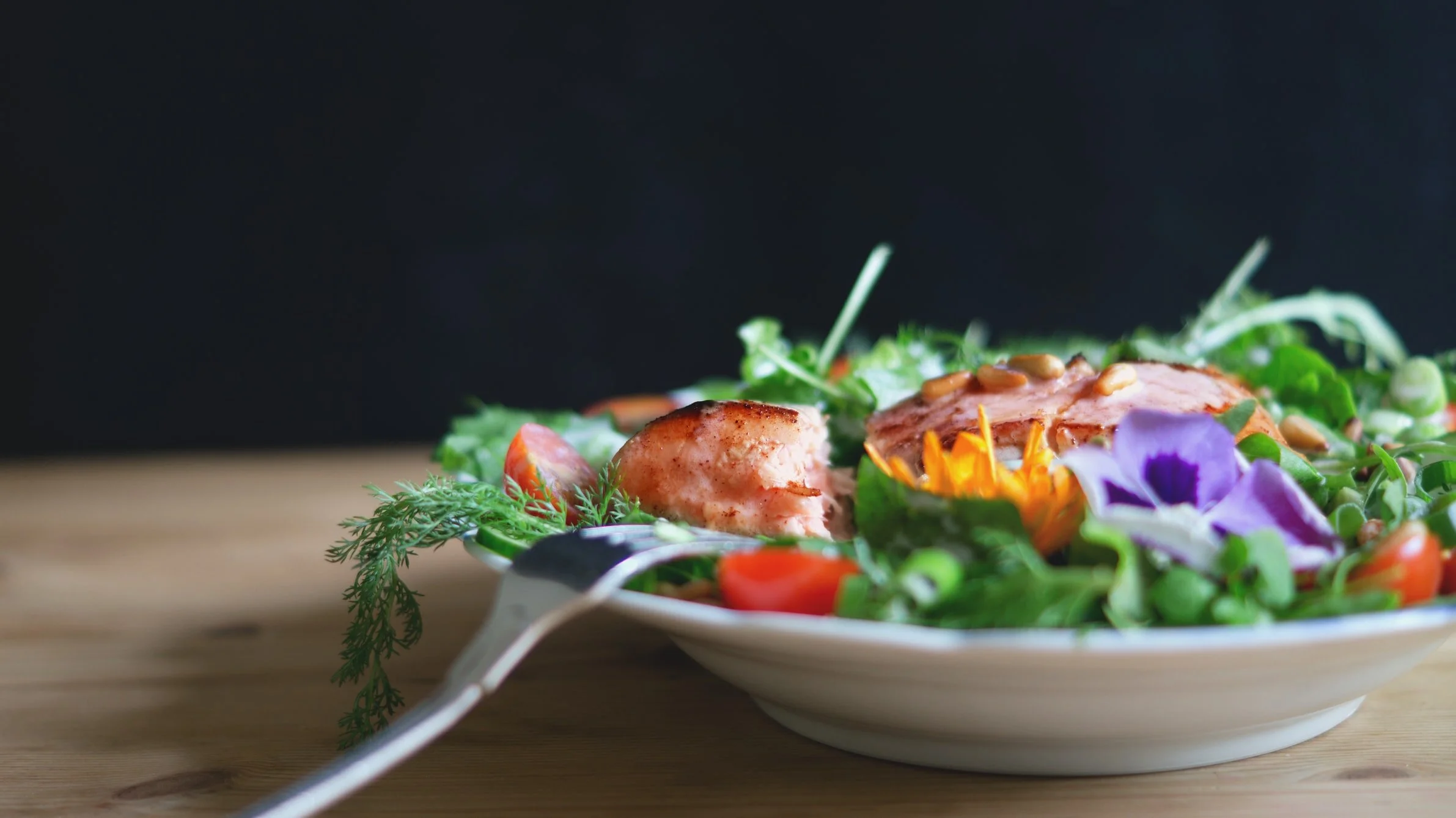Is your child eating healthy?
Providing children with good nutrition is very important for their development. The nutrients found in the food we eat are vital for growth, disease prevention, repair of worn-out tissues and good health.
When your child’s diet does not contain enough nutrients or the right balance of nutrients, he or she becomes malnourished. Malnutrition affects the mental and physical development of children. Some signs of malnutrition in children are:
stunted growth
poor concentration,
feeling weak and tired
lack of appetite
rashes
bleeding gums
There are 6 vital nutrients which promote healthy growth and parents must ensure that their children’s diet includes these essential nutrients.
The 6 essential nutrients
1. Proteins:
Protein provides the building blocks of the body. Every cell in our bodies, from bone to skin to hair, contains protein. Some good sources of protein are meat, dairy, fish, eggs, and beans.
2. Carbohydrates:
Carbohydrates provide the body with the energy it requires. Rice, cereals, bread, potatoes, and yams are some healthy sources of carbohydrates.
3. Fats:
Fats enable our bodies to function properly. Healthy fats include coconut oils, olive oils and avocados.
4. Vitamins:
Vitamins prevent us from getting sick. Common vitamins include vitamin B, C, A, D, E and K. Most of the vitamins we need can be found in vegetables and fruits like oranges, mangoes, tangerines, bananas, carrots, and tomatoes.
5. Minerals:
Minerals play different roles including building strong bones and teeth, boosting our immunity, and helping our wounds heal faster. Some minerals include sodium, calcium, iron, iodine, and magnesium. All foods contain some form of minerals. For instance, milk and dairy products are a good source of calcium and magnesium and green leafy vegetables like “Kontomire” (Spinach) are a good source of iron.
6. Water:
About 60% of the body weight is made up of water and this makes water very important. Water helps regulate our temperature, eliminate toxins, carry nutrients to cells, hydrate the body, and prevent constipation. The amount of water your child drinks per day may vary based on their age and how active they are. Below is a general rule on the amount of water children should drink.
Toddlers: 2 to 4 cups
4-8 years: 5 cups
9 -13 years: 7 to 8 cups
14 and up: 8 to 11 cups
Some fruits and vegetables like watermelon, pineapples, oranges, and green cabbages contain high amounts of water.
Simple healthy recipes for Children
Here are some healthy recipes parents can easily make for their children
1. Porridges:
Porridges are a typical Ghanaian go to breakfast meal for children. Porridges come in different varieties like maize, millet, rice, and wheat.
Tiger nut (Atadwe) Porridge
Ingredients: 1. Tiger nuts || 2. Uncooked Rice || 3. Water || 4. Salt || 5. Water
Instructions:
Blend rice to form coarse flour.
Add water to tiger nuts and blend to form a puree. Sieve mixture with a cheesecloth to remove the chaff and extract the milk.
Pour the extracted milk into a heavy bottom pan. Add the rice flour, salt, and sugar. Place on medium-low heat. Using a wooden ladle stir continuously till thickened and no longer tasting raw.
Serve warm or cold with or without evaporated milk.
2. Smoothies:
Smoothies are a good way to get your children to eat their fruits and vegetables. You can use any fruit of your choice to make healthy smoothies for your children.
Banana Smoothie
Ingredients: 1. Ripe Bananas || Ripe Mangoes || Milk/ Water || Plain yoghurt (Optional)
Instruction: Blend ingredients very well to make sure that it has a creamy texture.
Any topic you like us to add to this series? Suggest it here:












